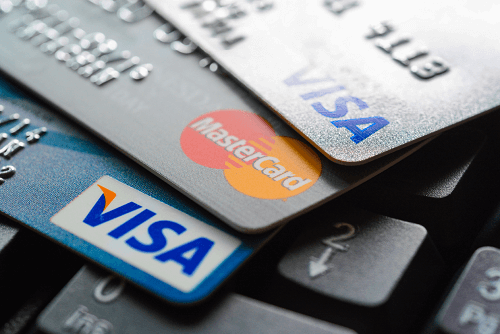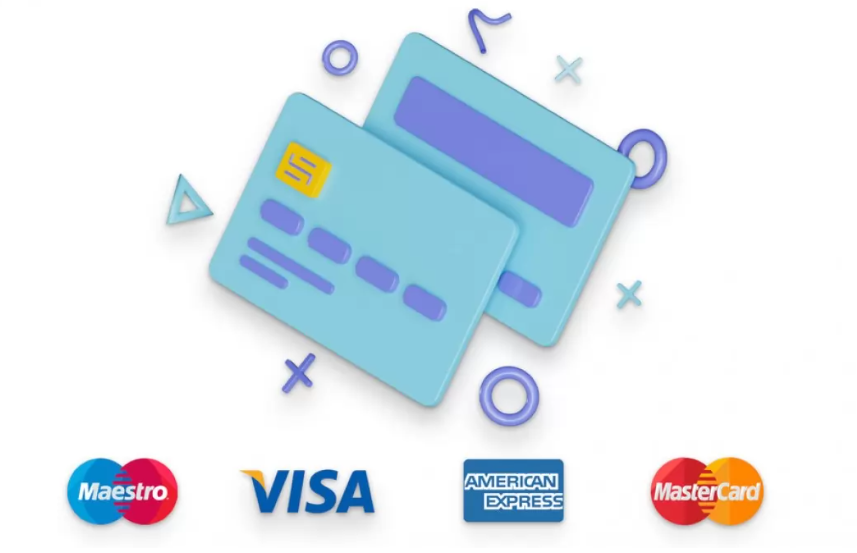Credit Card Ban in Australia 2023
In 2023, Australia will become the first country in the world to ban the use of credit cards for all transactions. This is a bold move that aims to reduce the debt burden of Australians and promote financial literacy and responsibility. In this blog post, we will explore the reasons behind this decision, the implications for consumers and businesses, and the alternatives to credit cards that will be available.

Why ban credit cards?
Credit cards are a convenient and widely accepted form of payment, but they also come with a high cost. According to the Reserve Bank of Australia, the average credit card debt per cardholder in June 2022 was $3,276, with an interest rate of 18.5%. This means that Australians are paying over $7 billion in interest every year on their credit cards, not to mention fees and charges.
Credit cards also encourage overspending and impulse buying, as they allow consumers to borrow money that they may not have or need. This can lead to a cycle of debt that is hard to break and can affect mental health and well-being. Moreover, credit cards can undermine financial literacy and responsibility, as they create a false sense of security and disconnect consumers from their actual spending habits and budget.
The Australian government believes that banning credit cards will help Australians save more, spend less, and avoid unnecessary debt. It will also force consumers to be more aware of their financial situation and choices, and to use more sustainable and transparent payment methods.
What are the implications for consumers and businesses?
The credit card ban will have a significant impact on both consumers and businesses in Australia. Consumers will no longer be able to use their credit cards for any purchases, online or offline, domestic or international. They will have to pay off their existing credit card balances by the end of 2022, or face penalties and legal action. They will also have to find alternative ways to pay for goods and services, especially for large or recurring expenses.
Businesses will also have to adapt to the new payment landscape, as they will lose a major source of revenue and customer loyalty. They will have to update their payment systems and policies, and offer other options to their customers. They may also face lower sales volumes and margins, as consumers may reduce their spending or switch to competitors who offer more convenient or attractive payment methods.

What are the alternatives to credit cards?
The credit card ban does not mean that Australians will have no other options to pay for their needs and wants. There are several alternatives that are safer, cheaper, and more efficient than credit cards. Some of these include:
- Debit cards: Debit cards are linked to a bank account and allow consumers to pay with their own money. They are accepted almost everywhere that credit cards are, but do not incur interest or fees. They also help consumers keep track of their spending and balance.
- Digital wallets: Digital wallets are apps or devices that store payment information securely and enable contactless payments via smartphones or smartwatches. They are fast, convenient, and secure, and can also integrate loyalty programs and rewards. Some examples of digital wallets are Apple Pay, Google Pay, Samsung Pay, and PayPal.
- Buy now, pay later (BNPL) services: BNPL services are platforms that allow consumers to split their purchases into interest-free instalments that are paid over time. They are popular among younger consumers who want more flexibility and control over their spending. Some examples of BNPL services are Afterpay, Zip, Klarna, and Humm.
- Cash: Cash is still a valid and widely used form of payment in Australia, especially for small or informal transactions. Cash is simple, tangible, and anonymous, and does not require any technology or intermediaries. However, cash can also be inconvenient, unsafe, and untraceable, and may not be accepted by some merchants or platforms.
Conclusion
The credit card ban in Australia 2023 is a radical but potentially beneficial policy that aims to improve the financial health and literacy of Australians. It will require consumers and businesses to adjust their payment habits and preferences, and to explore other options that are more suitable for their needs. While it may cause some challenges and inconveniences in the short term, it may also lead to more savings, less debt, and better financial outcomes in the long term.
